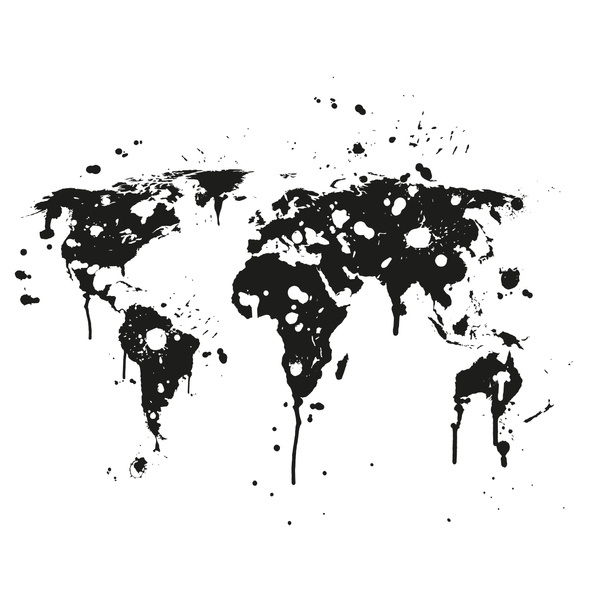
- Uris Hall, G-08
In their article “Decolonizing Anti-Racism” (2005), Bonita Lawrence and Ena Dua suggest that people of color are complicit in colonization and that anti-racism movements exclude Aboriginal people and perspectives. The theme “Decolonizing Anti-Racism” lays at the intersections of struggles for liberation, yet, at the same time, questions the possibilities of freedom in the context of the ongoing colonization of indigenous peoples and lands.
Bonita Lawrence will discuss her article in this Einaudi Center inequalities and social justice global research priority event.
Questions for exploration include: What are some of the bridges that can be built between Indigenous peoples and people of color in struggles against racism, social exclusion, poverty, racialization, police violence, as well as through shared histories of colonization and dispossession? Is it possible to think of an anti-racist politics that is devoid of anti-colonial politics? In what ways do extant imperial and colonial forces operate differently towards these communities in terms of necropolitics (Mbembe, 2002) in determining who is invited into the realm of social life and who, instead, is confined to social death? This question—who must die so we may live—is central to our discussion on the theme of “decolonizing anti-racism.”
Mohamed Abdou, Global Racial Justice Postdoctoral Fellow in the Einaudi Center, will moderate.
Bonita Lawrence teaches in the Indigenous Studies Program at York University in Toronto, Canada. She is Mi'kmaw, with Acadian and English background as well. Her research and publications have focused primarily on urban and non-status identities, and federally unrecognized Aboriginal communities. She is the author of Fractured Homeland: Federal Recognition and Algonquin Identity in Ontario (UBC Press, 2012) and "Real" Indians and Others: Mixed-Blood Urban Native People and Indigenous Nationhood (University of Nebraska Press and UBC Press, 2004).
This is a virtual event open to the general public via Zoom. Current members of the Cornell community with NetID are invited to view the Zoom discussion together in Room G-08 Uris Hall.
Cornell University is located on the traditional homelands of the Gayogo̱hó:nǫ' (the Cayuga Nation). The Gayogo̱hó:nǫ' are members of the Haudenosaunee Confederacy, an alliance of six sovereign nations with a historic and contemporary presence on this land. The confederacy precedes the establishment of Cornell University, New York state and the United States of America. We acknowledge the painful history of Gayogo̱hó:nǫ' dispossession, and honor the ongoing connection of Gayogo̱hó:nǫ' people, past and present, to these lands and waters.
